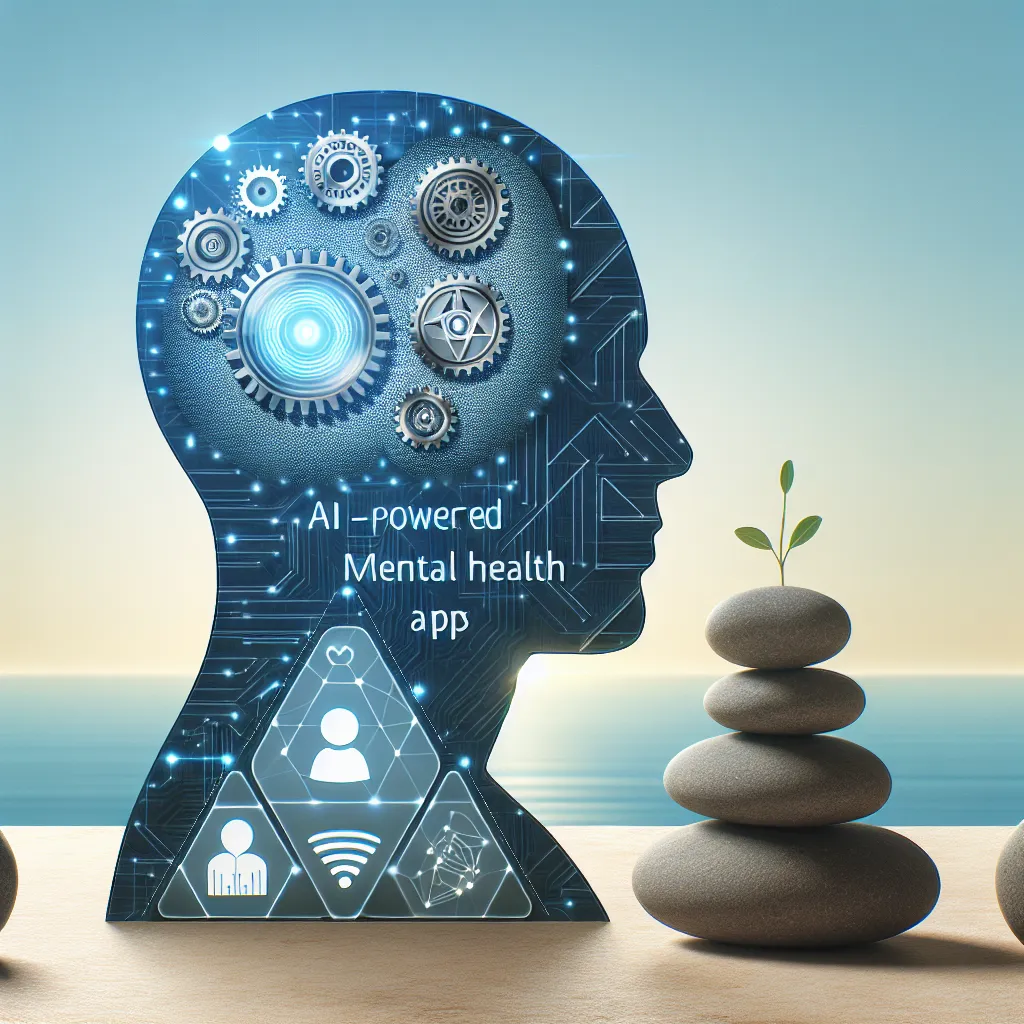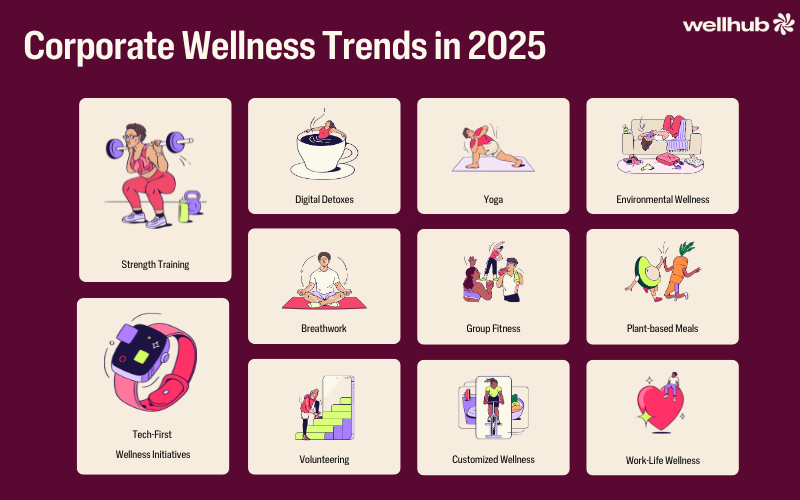In today’s fast-paced digital world, maintaining mental wellbeing has become more challenging—and more crucial—than ever. Artificial intelligence (AI) is stepping up, offering innovative solutions through mental health apps designed to provide support, guidance, and personalized care right at our fingertips. But how exactly are these AI-driven tools revolutionizing the way we understand and nurture our mental health? Let’s explore how technology is reshaping personal wellbeing for the better.
Understanding AI-Powered Mental Health Apps
AI-powered mental health apps are digital platforms that leverage artificial intelligence to assess, monitor, and support users’ emotional and psychological needs. These apps go beyond traditional self-help tools by using advanced algorithms to deliver tailored interventions and real-time assistance.
What Sets AI Mental Health Apps Apart?
- Personalized Support: AI analyzes user input to provide customized advice and coping strategies.
- 24/7 Accessibility: Users can access support anytime, anywhere—no appointments needed.
- Continuous Monitoring: Apps track mood and behavioral patterns over time, alerting users or caregivers to emerging concerns.
- Evidence-Based Interventions: Many platforms use techniques grounded in cognitive-behavioral therapy (CBT), mindfulness, and other proven methodologies.
Key Features of AI-Powered Mental Health Apps
Modern mental health apps utilize a powerful mix of features to engage users and promote positive outcomes. Here are some of the most impactful functionalities:
1. Intelligent Chatbots and Virtual Therapists
AI-driven chatbots simulate human conversation, offering empathetic listening, guidance, and coping techniques. Some advanced apps even recognize subtle cues in a user’s language to assess mood or risk level.
“AI chatbots help bridge the gap between immediate need and professional care, offering a non-judgmental space for users to express themselves.” — Dr. Anna Li, Clinical Psychologist
2. Mood Tracking and Analytics
By prompting users to log emotions, thoughts, and behaviors, these apps use AI to:
- Identify emotional trends and triggers
- Suggest personalized activities or interventions
- Generate actionable insights for users and mental health professionals
3. Guided Meditation and Mindfulness Exercises
Many AI-powered apps curate meditation sessions and mindfulness practices tailored to the user’s current state, learning over time what works best for managing stress, anxiety, or depression.
4. Crisis Intervention and Safety Planning
Some platforms are equipped to detect signs of acute distress and provide rapid access to crisis resources or connect users with professionals if needed.
Tip: When choosing a mental health app, look for platforms that clearly explain how your data is used and offer robust privacy controls.
Benefits of Using AI for Personal Wellbeing
The integration of AI into mental health care has numerous advantages that empower individuals to take charge of their wellbeing:
- Reduced Stigma: AI apps provide anonymous support, making it easier for users to seek help without fear of judgment.
- Enhanced Accessibility: People in remote or underserved areas gain access to mental health resources that may not be locally available.
- Data-Driven Insights: Objective analytics help users and professionals monitor progress and adjust care plans accordingly.
- Cost-Effective: Many AI-powered apps offer free or affordable support compared to traditional therapy sessions.
Real-Life Impact
A growing body of research supports the effectiveness of AI-powered mental health interventions. Studies have found that users often experience:
- Improved mood and emotional resilience
- Reduced symptoms of anxiety and depression
- Increased motivation to seek further help when needed
Tip: Consistency is key! Set daily reminders to engage with your AI mental health app for the best results.
Popular AI-Powered Mental Health Apps to Explore
Here are some leading apps making a difference in the digital mental health landscape:
- Woebot: An AI chatbot that delivers CBT-based support and mood tracking.
- Wysa: Offers conversational AI and self-care exercises for stress, sleep, and anxiety.
- Replika: An AI companion for emotional support and self-reflection.
- Tess: Provides emotional wellness coaching via AI-driven text conversations.
- Ginger: Combines AI triage with access to licensed therapists and coaches.
Tip: Explore app reviews and features before committing—what works for one person may not suit another’s needs.
How to Get Started: Practical Steps for Using AI Mental Health Apps
Ready to harness the power of AI for your mental wellbeing? Here’s how to begin:
- Research and Choose Wisely:
- Read independent reviews and user testimonials
- Check for clinical endorsements or partnerships
- Assess privacy policies and data security measures
- Set Clear Goals: Decide what you want to achieve—reducing anxiety, improving sleep, building resilience, etc.
- Start Small: Begin with short daily check-ins or exercises to build a sustainable routine.
- Track Your Progress: Use the app’s analytics to monitor changes in your mood and habits.
- Seek Professional Support if Needed: Remember, AI apps are powerful tools but not replacements for licensed mental health professionals.
Tip: Combine app usage with offline self-care habits, such as exercise and social connection, for holistic wellbeing.
Frequently Asked Questions About AI-Powered Mental Health Apps
Are AI mental health apps safe to use?
Most reputable apps follow strict data security protocols and offer transparent privacy policies. However, always review an app’s terms and permissions before use.
Can AI replace traditional therapy?
No. While AI apps provide valuable support and early intervention, they are designed to complement—not replace—professional mental health care. For serious or persistent concerns, consult a licensed therapist or psychologist.
How accurate are AI-driven assessments?
AI assessments are based on user-provided data and algorithmic analysis. While often helpful, they are not infallible and should be considered as part of a broader mental health strategy.
Is my data confidential?
Responsible apps use encryption and strict data management to ensure user confidentiality. Always check each app’s privacy statement for specifics.
Are these apps suitable for everyone?
Most AI-powered mental health apps are designed for adults and teens. Some may not be suitable for children or individuals with severe mental health conditions.
Tip: If you’re in crisis or experiencing severe distress, reach out immediately to a mental health professional or emergency service—AI apps are not equipped for emergency intervention.
Conclusion: The Future of Mental Wellbeing Is Digital
AI-powered mental health apps are transforming personal wellbeing by making support more accessible, personalized, and data-driven. As technology continues to evolve, these tools will play an increasingly important role in promoting mental health for all. Whether you’re seeking daily stress relief, emotional check-ins, or a complement to traditional therapy, exploring AI-driven apps could be your first step toward a healthier, more balanced life.
Remember, mental health is a journey—embracing new digital tools can make the path a little brighter and more manageable.

